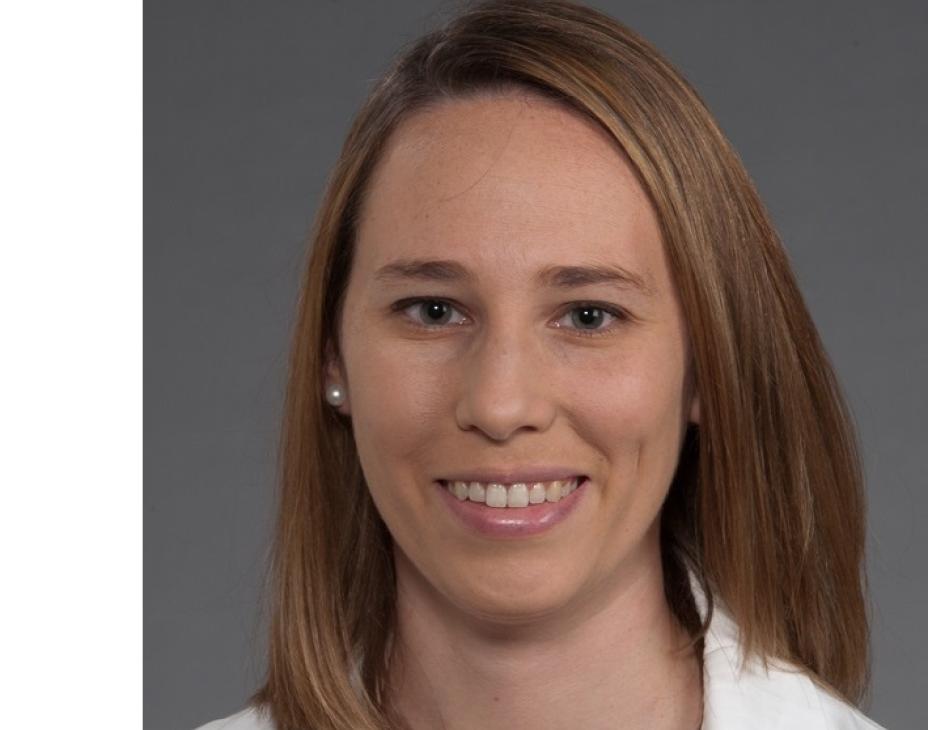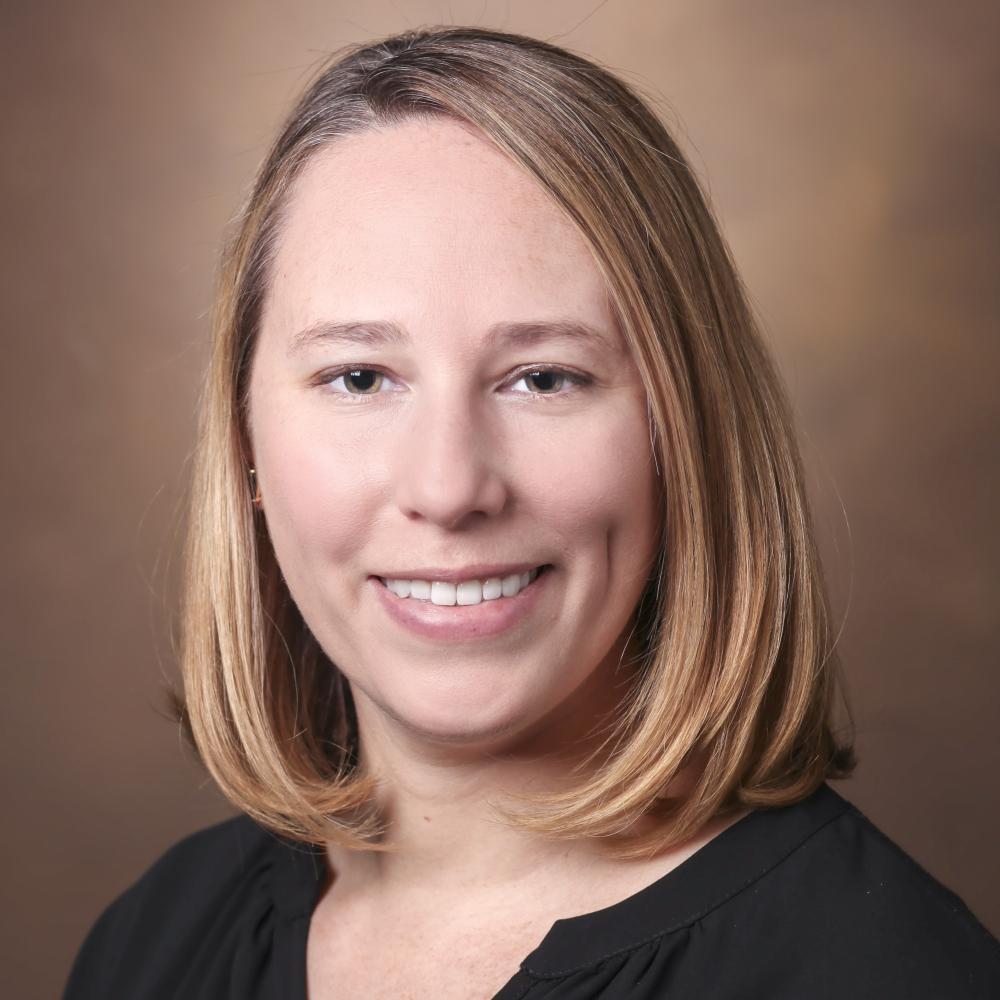These researchers have dedicated their careers to finding new treatments and cures for people with cancer.

How did you come to focus on health services research, especially lung cancer screening?
JL: When the results of the National Lung Screening Trial (NLST) were published in 2011, I was an internal medicine resident and a primary care physician in my clinic. The NLST showed certain screening methods can help doctors detect lung cancer earlier in older patients and extend their lives. I had many patients with smoking histories. I also regularly saw people with advanced lung cancer.
I thought lung cancer screening would be quickly adopted because it saves lives. But it seemed like many providers didn’t refer patients for screening. So, my mentors encouraged me to investigate why.
What are some unmet needs in lung cancer screening, and how can research help?
JL: We need to help primary care physicians identify eligible patients for screening. Smoking history isn’t easy to get or capture in medical records. Screening eligibility also changes over time. A patient who hasn’t smoked for decades could be ineligible. But if they started smoking again, they might be eligible. Understanding how primary care physicians assess smoking history is vital.
How is your Conquer Cancer-funded research helping improve patient outcomes?
JL: Doctors do not always address lung cancer screening with patients who qualify for this healthcare service. In this study, we interviewed a diverse group of doctors who practice in two separate healthcare systems to understand their lung cancer screening behavior. This information will help us develop ways to make sure lung cancer screening is offered to appropriate patients, which will enable the detection of more lung cancers early when there are curative treatments available.
What are some tangible, important resources that this funding helped you access?
JL: Conquer Cancer funding allowed me to work with a group of qualitative research experts that supports researchers pursuing qualitative studies. I learned how to code and analyze transcripts of the provider interviews as well as best practices for this type of research.
What key takeaways from your Conquer Cancer-funded project were helpful for better understanding provider behavior in lung cancer screening?
JL: Our study found that multiple factors influence lung cancer screening behavior for primary care doctors, including:
- Opinions about the benefit of screening
- Awareness of lung cancer guidelines and screening best practices
- Confidence in their abilities to refer patients for screening and manage follow-up care
These findings can be immensely useful for improving how primary care providers approach referrals and coordinate screening care for patients with a heightened lung cancer risk. This can be especially helpful for veterans who may face barriers such as other health concerns and socioeconomic challenges.
How did your Conquer Cancer-funded study lay the groundwork for the next steps in your cancer research?
JL: Ultimately, this study will inform how we change providers’ screening practices in a clinical trial. I plan to submit grant applications for subsequent clinical research in hopes of improving lung cancer care for every patient, including veterans.
